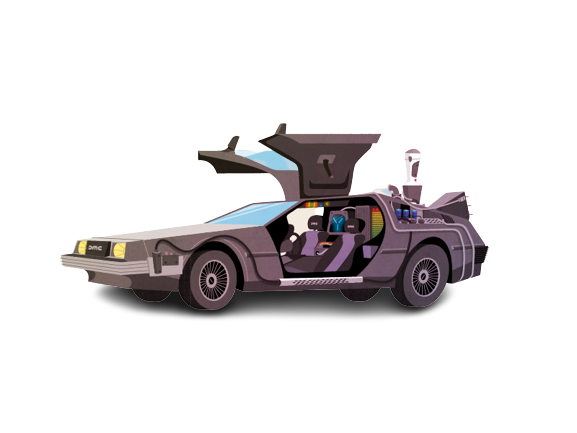Optimal Strategy for Decision-Making

Algorithms to Live By.
We've all heard of the exploration-exploitation trade-off. The name of the problem that tries to optimize this trade-off is the optimal stopping problem — when faced with a series of options, when do you settle down and commit to the opportunity in front of you if you don't know what opportunities will be available in the future?
The first algorithm in the book answers this question. It's a rule of thumb to spend the optimal amount of time exploring the different options you have and make a decision based on the information you've gathered in that time. It is also known as the 37% rule.
It states that you should explore the first 37% of options, then commit to the next best opportunity.
This rule is generally applied to job, partner, or house selection. I try to apply it to my whole career. The problem I'm facing is that I love doing a plethora of things. Picking and sticking with an industry, let alone a job, seems grueling for me. I'm telling you this because I'm sure you have felt this way at least once, even if it is for a less significant decision.
If you were to look at the big picture and try to apply this rule to your whole life, then what you find is that you should spend about 25-28 years of your life exploring and the rest, exploiting. It's interesting to see that this coincides with most discounts on touristic places all around Europe. You are almost always subsidized to explore until you're 25. Museums, tourist attractions, even workshops have discounts for adolescents younger than 25, sometimes even for those under 30.
What this means is that you shouldn't be afraid of switching to a completely different industry or taking various, unrelated jobs if you want to find what you're truly passionate about until the 37% mark. The sad part about reality is that most employers don't like to see people with weird, unrelated job experiences and they ask questions like "Why did you take this job even though you had a great education? Were you not able to get into better places? Were you not able to stick to a job?" I never got these questions but I know quite a lot of people who have. I get the mentality behind these questions. Since there are hardly any people who actually take on unrelated jobs to explore and learn novel skills, it's reasonable to assume that if someone took a lower-quality job or didn't stick with one, is probably someone hard to work with or not as qualified as they make it out to be. I feel like people should not be judged for unrelated jobs they took. Or lower caliber (seeming) jobs they worked at. I haven't even added the necessity of earning one's living into the equation yet...
Nevertheless, the 37% rule is useful if and only if you take happiness as your optimality criteria. This approach is not optimal if you want to earn the most money, it's not optimal if you want to win a Nobel prize or become a national sports player. It is optimal for decision-making such that you don't lose more time and energy than necessary while doing so. Call it passion, call it work that gets you into the flow state, whatever you want to call it, if you seek to find what makes you the happiest while using your time as effectively as possible, 37% exploration 63% exploitation is an invaluable asset in your arsenal.
Side note: I also want to point out the mathematician Hannah Fry's take on this strategy. She states that even though this is a mathematically optimal algorithm, the odds of you finding the best option is a dismal 37%. This is because the authors define success as claiming the best opportunity available. If you're willing to accept a solution that is good but not the best, you can vastly increase your chance of ending up satisfied.
If you're okay with an option in the top 5%, you can begin committing after 22% exploration. According to Fry, doing this raises your chances from 37% to 57%. If you're willing to accept an option in the top 15%, then you can start exploiting after 19% of exploration with a whopping 78% chance of success.


